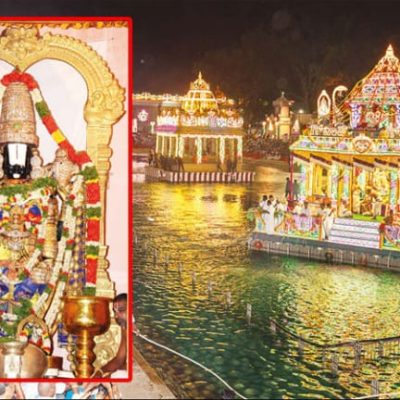Bhubaneswar Talesvara Temple, Odisha

Address
Bhubaneswar Talesvara Temple, Odisha
Khurda Town, Old Town,
Bhubaneswar, Odisha 751002
Moolavar
Talesvara
Introduction
The Talesvara Temple in Bhubaneswar, Odisha, India, is dedicated to Lord Shiva and is situated inside the Bharati Mata Temple complex. The Talesvara Temple is located within the premises of the Bharati Mata Temple, which is owned by Bharti Matha. It is surrounded by the burials of the Matha Mahantas (religious leaders) in the east and the entrance to the Matha in the north. The Talesvara Temple, though small in size, carries historical and religious significance as an ancient place of worship dedicated to Lord Shiva. Its architectural style and the presence of the Navagraha Panel provide valuable insights into the cultural and spiritual traditions of the region.
Puranic Significance
- Historical Significance: This temple is believed to have been constructed in the 11th century CE during the reign of the Somavanshi Kings. Its age places it among the ancient temples of Bhubaneswar, showcasing the architectural and cultural heritage of that era.
- Orientation: The Talesvara Temple faces west, which is a less common orientation for Hindu temples in India but still significant for worship.
- Architectural Style: The temple’s vimana (main sanctum) follows the Rekha Deula architectural style. In this style, the temple typically features distinct architectural elements such as bada (main wall) and mastaka (topmost part). Notably, the temple lacks a jagamohana (assembly hall), which is a common feature in many Hindu temples.
- Presiding Deity: The primary deity of the temple is Lord Shiva, and he is worshipped in the form of a Shiva Lingam. The Lingam is the sacred symbol representing Lord Shiva’s cosmic and creative energy.
- Navagraha Panel: Above the entrance to the temple, you can find a Navagraha Panel. This panel typically depicts the nine celestial bodies or planets, representing the nine major celestial influencers in Hindu astrology.
- Partially Buried: It’s important to note that the temple is partially buried up to the pabhaga portion, which is the lowermost part of the temple’s base. This condition may be due to natural factors or changes in ground levels over time.
- Damage: The western side of the temple is reported to be partly damaged. This could be the result of various factors, including weathering, wear and tear, or historical events.
Century/Period
11th century CE
Managed By
Archaeological Survey of India (ASI)
Nearest Bus Station
Bhubaneswar
Nearest Railway Station
Bhubaneswar Junction
Nearest Airport
Bhubaneswar





